In a world where synthetic ingredients and harsh chemicals dominate the beauty industry, the rise of organic and natural skincare products has become a beacon of hope for those seeking a gentler, more sustainable alternative. One such product that has gained popularity in recent years is organic soap. With its nourishing properties, soothing fragrances, and eco-friendly appeal, organic soap has become a staple in many households. If you’re looking to elevate your skincare routine and take a step towards a more natural lifestyle, making your own organic soap can be a rewarding and fulfilling experience. Not only do you have full control over the ingredients you use, but you also get to customize your soap to suit your skin’s specific needs and preferences. Creating your own organic soap may sound daunting at first, but with the right guidance and a bit of creativity, you can craft luxurious bars that rival those found in high-end beauty stores. In this article, we’ll explore the world of organic soap DIY and discover the joys of handcrafting your own natural skincare products. The Benefits of Organic Soap Before we delve into the art of making organic soap at home, let’s first understand why organic soap is worth the effort. Organic soap is made from natural ingredients that are free from synthetic chemicals, artificial fragrances, and other harmful additives. Instead, organic soaps are crafted using plant-based oils, essential oils, herbs, and other natural materials that are gentle on the skin and beneficial to your overall health.
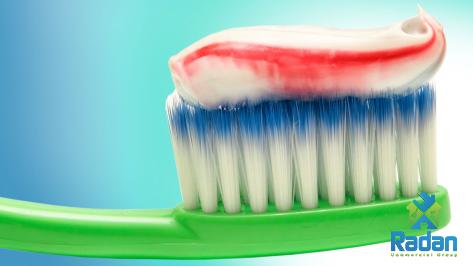
.
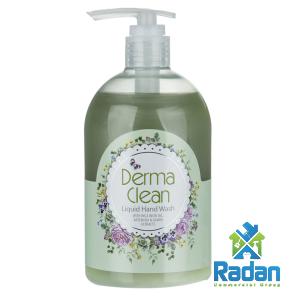 One of the primary benefits of using organic soap is its nourishing properties. Unlike commercial soaps that strip the skin of its natural oils and moisture, organic soaps help to hydrate and replenish the skin, leaving it soft, smooth, and radiant. Organic soap is especially beneficial for those with sensitive skin, as it is less likely to cause irritation or allergic reactions. Another advantage of organic soap is its eco-friendliness. By making your own organic soap at home, you can reduce your environmental impact by using sustainable ingredients and minimizing waste. Organic soaps are biodegradable and do not contain harmful chemicals that could pollute water sources or harm aquatic life. Furthermore, organic soap allows you to customize your skincare routine according to your preferences. Whether you prefer a floral-scented soap for relaxation or a zesty citrus soap to invigorate your senses, the possibilities are endless when it comes to creating your own organic soap blends. Getting Started with Organic Soap DIY Now that you understand the benefits of organic soap, let’s dive into the world of organic soap DIY. To get started, you’ll need a few basic ingredients and tools to craft your own luxurious bars of soap. Here’s a simple recipe to guide you through the process: Ingredients: – Organic coconut oil – Organic shea butter – Organic olive oil – Lye (sodium hydroxide) – Water – Essential oils (such as lavender, tea tree, or peppermint) – Dried herbs or flowers (optional) Equipment: – Heat-resistant glass bowls – Stainless steel pot – Digital kitchen scale – Thermometer – Immersion blender – Soap molds Step 1: Prepare Your Workstation Before you begin making your organic soap, make sure to gather all your ingredients and equipment in one place. Ensure that your workstation is clean and free of any clutter to prevent accidents while working with lye. Step 2: Measure Your Ingredients Using a digital kitchen scale, measure out the required amounts of coconut oil, shea butter, and olive oil according to your soap recipe. Be sure to wear protective gear, such as gloves and goggles, when handling lye, as it can be caustic. Step 3: Mix Your Oils In a stainless steel pot, combine the coconut oil, shea butter, and olive oil. Heat the oils gently on the stove until they are fully melted and well-combined. Step 4: Prepare Your Lye Solution In a heat-resistant glass bowl, carefully mix the lye with water, stirring until the lye is fully dissolved. Be cautious when working with lye, as it can cause burns if it comes into contact with your skin. Step 5: Combine Your Ingredients Once both the oils and lye solution have cooled to the appropriate temperatures, carefully pour the lye solution into the pot of oils. Use an immersion blender to mix the ingredients together until they reach trace, which is a pudding-like consistency. Step 6: Add Your Scent and Color To customize your soap, add a few drops of your favorite essential oils and dried herbs or flowers to the soap mixture. Stir gently to distribute the scent and color evenly throughout the soap.
One of the primary benefits of using organic soap is its nourishing properties. Unlike commercial soaps that strip the skin of its natural oils and moisture, organic soaps help to hydrate and replenish the skin, leaving it soft, smooth, and radiant. Organic soap is especially beneficial for those with sensitive skin, as it is less likely to cause irritation or allergic reactions. Another advantage of organic soap is its eco-friendliness. By making your own organic soap at home, you can reduce your environmental impact by using sustainable ingredients and minimizing waste. Organic soaps are biodegradable and do not contain harmful chemicals that could pollute water sources or harm aquatic life. Furthermore, organic soap allows you to customize your skincare routine according to your preferences. Whether you prefer a floral-scented soap for relaxation or a zesty citrus soap to invigorate your senses, the possibilities are endless when it comes to creating your own organic soap blends. Getting Started with Organic Soap DIY Now that you understand the benefits of organic soap, let’s dive into the world of organic soap DIY. To get started, you’ll need a few basic ingredients and tools to craft your own luxurious bars of soap. Here’s a simple recipe to guide you through the process: Ingredients: – Organic coconut oil – Organic shea butter – Organic olive oil – Lye (sodium hydroxide) – Water – Essential oils (such as lavender, tea tree, or peppermint) – Dried herbs or flowers (optional) Equipment: – Heat-resistant glass bowls – Stainless steel pot – Digital kitchen scale – Thermometer – Immersion blender – Soap molds Step 1: Prepare Your Workstation Before you begin making your organic soap, make sure to gather all your ingredients and equipment in one place. Ensure that your workstation is clean and free of any clutter to prevent accidents while working with lye. Step 2: Measure Your Ingredients Using a digital kitchen scale, measure out the required amounts of coconut oil, shea butter, and olive oil according to your soap recipe. Be sure to wear protective gear, such as gloves and goggles, when handling lye, as it can be caustic. Step 3: Mix Your Oils In a stainless steel pot, combine the coconut oil, shea butter, and olive oil. Heat the oils gently on the stove until they are fully melted and well-combined. Step 4: Prepare Your Lye Solution In a heat-resistant glass bowl, carefully mix the lye with water, stirring until the lye is fully dissolved. Be cautious when working with lye, as it can cause burns if it comes into contact with your skin. Step 5: Combine Your Ingredients Once both the oils and lye solution have cooled to the appropriate temperatures, carefully pour the lye solution into the pot of oils. Use an immersion blender to mix the ingredients together until they reach trace, which is a pudding-like consistency. Step 6: Add Your Scent and Color To customize your soap, add a few drops of your favorite essential oils and dried herbs or flowers to the soap mixture. Stir gently to distribute the scent and color evenly throughout the soap.
..
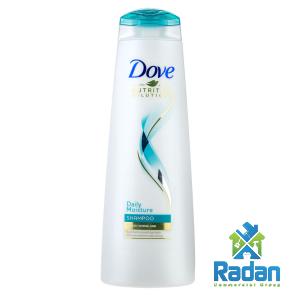 Step 7: Pour into Molds Pour the soap mixture into your chosen soap molds, tapping the molds gently to remove any air bubbles. Cover the molds with a towel or cloth to insulate them and allow the soap to set for 24-48 hours. Step 8: Unmold and Cure Your Soap After the soap has set, carefully unmold it and cut it into individual bars. Place the bars on a rack to cure for 4-6 weeks, allowing them to harden and fully saponify. The art of organic soap DIY is a labor of love that rewards you with beautifully crafted bars of soap that nourish your skin and uplift your senses. By making your own organic soap at home, you not only gain control over the ingredients you use but also contribute to a more sustainable and eco-conscious lifestyle. From choosing the finest organic oils to experimenting with unique scent combinations, the world of organic soap DIY is full of endless possibilities to explore and enjoy. So why not embark on this creative journey and elevate your skincare routine with the wholesome goodness of homemade organic soap? Your skin will thank you for it. Crafting your own organic soap is not just a practical endeavor; it is also a therapeutic and creative outlet that allows you to connect with nature and indulge in the art of self-care. As you immerse yourself in the process of making organic soap, you will find that each batch is unique and reflective of your personal style and preferences. One of the joys of organic soap DIY is the endless array of natural ingredients at your disposal. From rich cocoa butter to moisturizing avocado oil, the possibilities for creating luxurious and nourishing soaps are truly limitless. By experimenting with different oils, butters, and botanicals, you can tailor your soap recipes to address specific skincare concerns, such as dryness, acne, or sensitivity. In addition to their skincare benefits, organic soaps also offer aromatherapeutic advantages that can enhance your overall well-being. Essential oils like lavender, eucalyptus, and bergamot not only add delightful scents to your soaps but also possess properties that promote relaxation, focus, and vitality. By incorporating these natural fragrances into your soap blends, you can transform your daily cleansing routine into a sensory experience that soothes the mind and invigorates the spirit.
Step 7: Pour into Molds Pour the soap mixture into your chosen soap molds, tapping the molds gently to remove any air bubbles. Cover the molds with a towel or cloth to insulate them and allow the soap to set for 24-48 hours. Step 8: Unmold and Cure Your Soap After the soap has set, carefully unmold it and cut it into individual bars. Place the bars on a rack to cure for 4-6 weeks, allowing them to harden and fully saponify. The art of organic soap DIY is a labor of love that rewards you with beautifully crafted bars of soap that nourish your skin and uplift your senses. By making your own organic soap at home, you not only gain control over the ingredients you use but also contribute to a more sustainable and eco-conscious lifestyle. From choosing the finest organic oils to experimenting with unique scent combinations, the world of organic soap DIY is full of endless possibilities to explore and enjoy. So why not embark on this creative journey and elevate your skincare routine with the wholesome goodness of homemade organic soap? Your skin will thank you for it. Crafting your own organic soap is not just a practical endeavor; it is also a therapeutic and creative outlet that allows you to connect with nature and indulge in the art of self-care. As you immerse yourself in the process of making organic soap, you will find that each batch is unique and reflective of your personal style and preferences. One of the joys of organic soap DIY is the endless array of natural ingredients at your disposal. From rich cocoa butter to moisturizing avocado oil, the possibilities for creating luxurious and nourishing soaps are truly limitless. By experimenting with different oils, butters, and botanicals, you can tailor your soap recipes to address specific skincare concerns, such as dryness, acne, or sensitivity. In addition to their skincare benefits, organic soaps also offer aromatherapeutic advantages that can enhance your overall well-being. Essential oils like lavender, eucalyptus, and bergamot not only add delightful scents to your soaps but also possess properties that promote relaxation, focus, and vitality. By incorporating these natural fragrances into your soap blends, you can transform your daily cleansing routine into a sensory experience that soothes the mind and invigorates the spirit.
…
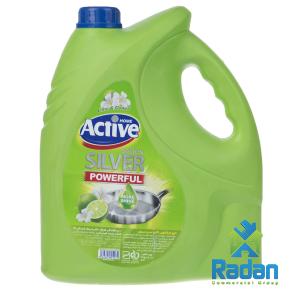 Moreover, creating your own organic soap empowers you to make conscious choices that align with your values and beliefs. By opting for organic, sustainably sourced ingredients and eco-friendly packaging, you can reduce your environmental footprint and support ethical practices within the beauty industry. Making informed decisions about the products you use on your skin can have a positive ripple effect on your health, the planet, and future generations. As you embark on your journey into the world of organic soap DIY, remember that patience and practice are key to mastering the art of soapmaking. While the process may seem intimidating at first, with each batch you create, you will gain confidence and expertise that will elevate your soapmaking skills to new heights. Whether you choose to make simple, rustic bars or intricate, artisanal designs, the joy of creating something with your own hands is a reward in itself. In conclusion, organic soap DIY offers a holistic approach to skincare that celebrates the natural beauty of earth’s bountiful resources. By crafting your own organic soaps, you can nourish your skin, indulge your senses, and cultivate a deeper connection to the world around you. So, why not embrace the art of organic soapmaking and embark on a journey of self-discovery and creativity that will enrich your life and enhance your well-being? With a few simple ingredients, a dash of creativity, and a whole lot of love, you can transform everyday cleansing into a luxurious and indulgent experience that uplifts your body, mind, and spirit. So, roll up your sleeves, gather your supplies, and let your imagination run wild as you embark on the enchanting adventure of organic soap DIY. Your skin, your soul, and the planet will thank you for it.
Moreover, creating your own organic soap empowers you to make conscious choices that align with your values and beliefs. By opting for organic, sustainably sourced ingredients and eco-friendly packaging, you can reduce your environmental footprint and support ethical practices within the beauty industry. Making informed decisions about the products you use on your skin can have a positive ripple effect on your health, the planet, and future generations. As you embark on your journey into the world of organic soap DIY, remember that patience and practice are key to mastering the art of soapmaking. While the process may seem intimidating at first, with each batch you create, you will gain confidence and expertise that will elevate your soapmaking skills to new heights. Whether you choose to make simple, rustic bars or intricate, artisanal designs, the joy of creating something with your own hands is a reward in itself. In conclusion, organic soap DIY offers a holistic approach to skincare that celebrates the natural beauty of earth’s bountiful resources. By crafting your own organic soaps, you can nourish your skin, indulge your senses, and cultivate a deeper connection to the world around you. So, why not embrace the art of organic soapmaking and embark on a journey of self-discovery and creativity that will enrich your life and enhance your well-being? With a few simple ingredients, a dash of creativity, and a whole lot of love, you can transform everyday cleansing into a luxurious and indulgent experience that uplifts your body, mind, and spirit. So, roll up your sleeves, gather your supplies, and let your imagination run wild as you embark on the enchanting adventure of organic soap DIY. Your skin, your soul, and the planet will thank you for it.
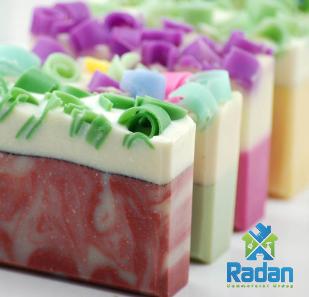
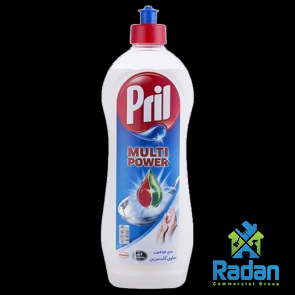
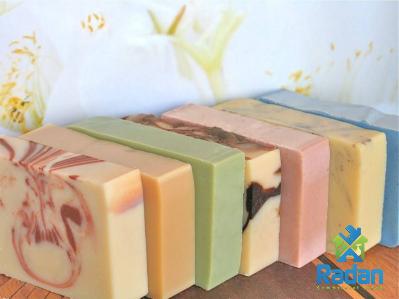
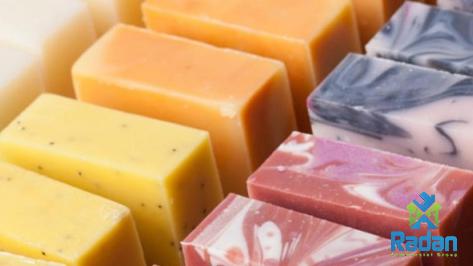
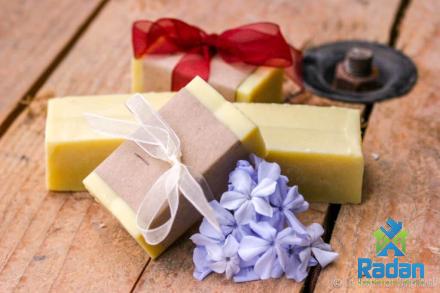
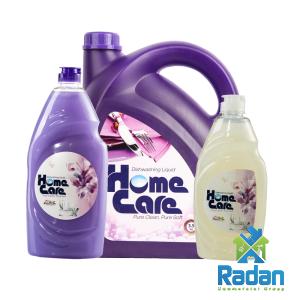
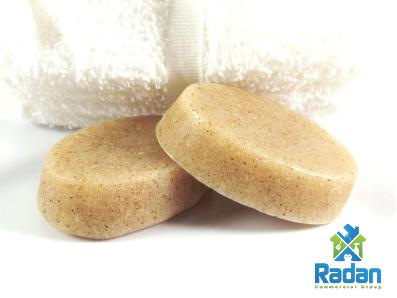
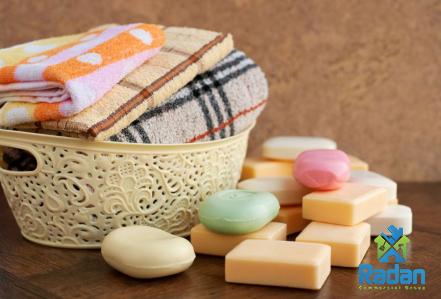
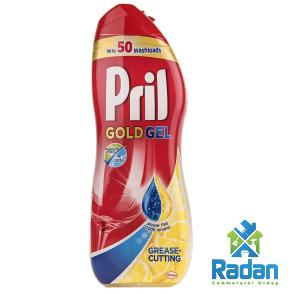
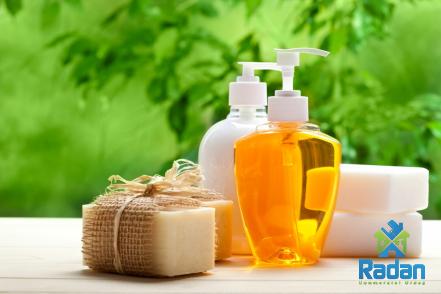
Your comment submitted.